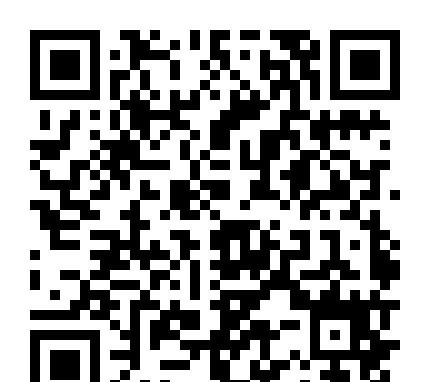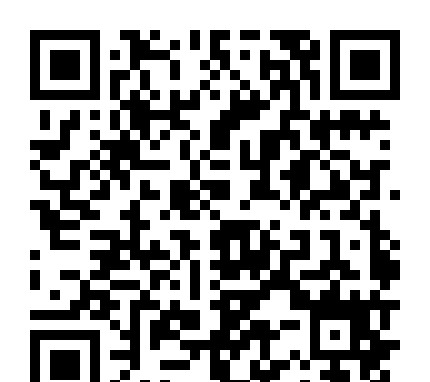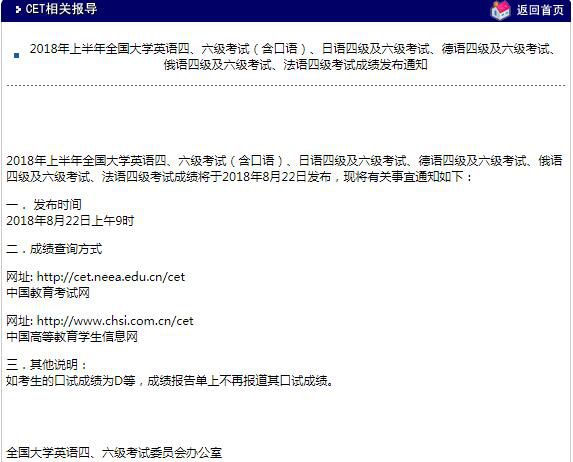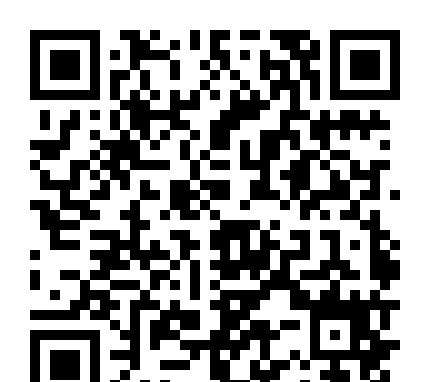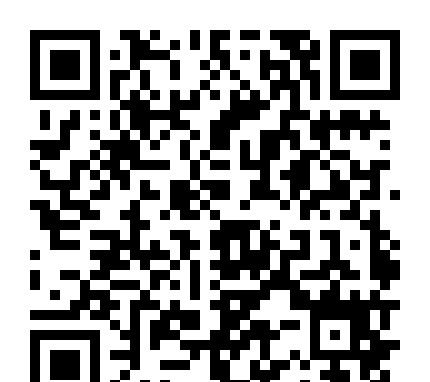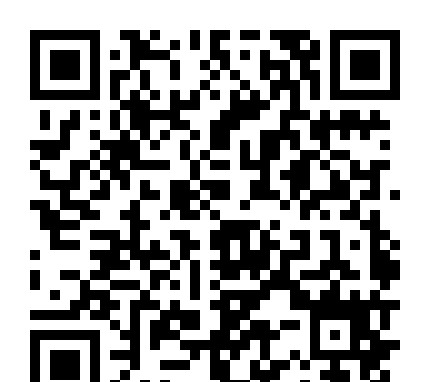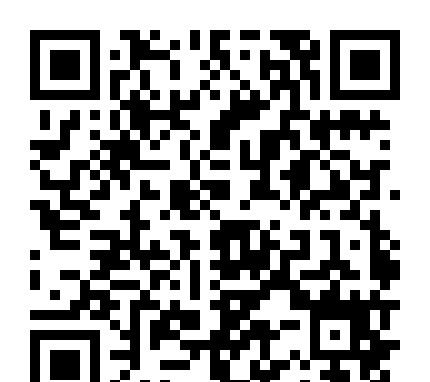职称英语考试(理工类):阅读理解(二)
|
“Lemons” in Used Car Market Suppose that you, a college student of somewhat limited means, are in the market for a used pickup truck. The following ad in a local used car publication catches your eye.
1993 Ford Ranger, bilk, 4WD,a/c, AM/FM/cass., showroom condition. Call 555-1234 after 5 p.m. This is exactly the kind of vehicle you want, so you call to inquire about the price. The price you are quoted over the phone2 is $2,000 lower than the Price for this model with this equipment listed in a used car guidebook. Instead of being ecstatic, however, you are suspicious. For many products, when you must pay less than the going rate, you believe you are getting a great deal. This is not necessarily the case for used cars or other durable goods (washing machines and television sets, for example) because with expensive products—or, what is essentially the same thing, products with high replacement costs—you must be particularly careful about getting a “lemon,” or a product of substandard quality. In addition to asking the price, the age of a car —or any other consumer durable—is a factor when you are trying to determine whether a seller is attempting to unload a lemon. While people hold off until they have put many thousands of a car that is “too new” as you would a car that is “too good” a deal. In fact, you are probably willing to pay a high for a high quality used car. While this price would certainly be acceptable to the seller, the competitive market might not facilitate such trades. 1. The beginning of this passage assumes that college students. A) are very clever but not very rich. B) are very capable but not very diligent. C) have limited material resources. D) are not rich.
A) you are very happy. B) you are rather suspicious. C) you are filled with happiness as well as surprise. D) you feel uneasy.
A)a kind of fruit. B)a kind of new car. C)a kind of expensive and high-quality car. D)a product of inferior quality.
A) take the age of the car into consideration. B) take the price of the lemon into consideration. C)consider how many miles the car has run. D) consider both the price as well as the age of the car.
A) used cars are generally cheap. B) used cars are actually expensive. C) used cars are actually brand new. D) car buyers are willing to pay a high price for a used car. Passage 2
Electronic Mail During the past few years, scientist the world over have suddenly found themselves productively engaged in task they once spent their lives avoiding -- writing, any kind of writing but particularly letter writing. Encouraged by electronic mail's surprisingly high speed, convenience and economy, people who never before touched the stuff are regularly, skillfully, even cheerfully tapping out a great deal of correspondence. Electronic networks, woven into the fabric of scientific communication these days, are the route to colleagues in distant counties, shared data, bulletin boards and electronic journals. Anyone with a personal computer, a modem and the software to link computers over telephone lines can sign on. An estimated five million scientists have done so with more joining every day, most of them communicating through a bundle of interconnected domestic and foreign routes known collectively as the internet, or net. E-mail is staring to edge out the fax, the telephone, overnight mail, and of course, land mail. It shrinks time and distance between scientific collaborators, in part because it is conveniently asynchronous (writers can type while their colleagues across time zones sleep; their message will be waiting). If it is not yet speeding discoveries, it is certainly accelerating communication. Jeremy Bernstei, the physicist and science writer, once called E-mail the physicist's umbilical cord. Lately other people, too, have been discovering its connective virtues. Physicists are using it; college students are using it, everybody is using it, and as a sign that it has come of age, the New Yorker has accelerates its liberating presence with a cartoon -- an appreciative dog seated at a keyboard, saying happily, "On the Internet, nobody knows you're a dog." 1. The reasons given below about the popularity of E-mail can be found in the passage Except A. direct and reliable B. time-saving in delivery C. money-saving D. available at any time 2. How is the Internet or net explained in the passage? A. Electronic routes used to read home and international journals. B. Electronic routes used to fax or correspond overnight. C. Electronic routes waiting for correspondence while one is sleeping. D. Electronic routes connected among millions of users, home and abroad. 3. What does the sentence "If it is not speeding discoveries, it is certainly accelerating communication" most probably mean? A. The quick speed of correspondence may have ill-effects on discoveries B. Although it does not speed up correspondence, it helps make discoveries. C. It quickens mutual communication even if it does not accelerate discoveries. D. It shrinks time for communication and accelerates discoveries. 4. What does the sentence "On the Internet, nobody knows you're a dog." Imply in the last paragraph? A. Even dogs are interested in the computer. B. E-mail has become very popular. C. Dogs are liberated from their usual duties. D. E-mail deprives dogs of their owners' love 5. What will happen to fax, land mail, overnight mail, etc. according to the writer? A. Their functions cannot be replaced by E-mail. B. They will co-exist with E-mail for a long time. C. Less and less people will use them. D. They will play a supplementary function to E-mail. Passage 3
Stress Level Tied to Education Level People with less education suffer fewer stressful days, according to a report in the current issue of the Journal of Health and Social Behavior. However, the study also found that when 1ess-educated people did suffer stress it was more severe and had a larger impact on their health. From this researchers have concluded that the day-to-day factors that cause stress are not random.Where you are in society determines the kinds of problems that you have each day, and how well you will cope with them. The research team interviewed a national sample of 1.03 1 adults daily for eight days about their stress level and health.People without a high school diploma reported stress on 30 percent of the study days,people with a high school degree reported stress 38 percent of the time,and people with college degrees reported stress 44 percent of the time. "Less advantaged people are less healthy on a daily basis and are more likely to have downward turns in their health。”lead researcher Dr.Joseph Grzywacz,of Wake Forest University Baptist Medical Center, said in a prepared statement.“The downward turns in health were connected with daily stressors.and the effect of daily stressors on their health is much more devastating for the less advantaged.” Grzywacz suggested follow-up research to determine why less-educated people report fewer days of stress when it is known their stress is more acute and chronic. “If something happens every day, maybe it’snot seen as a stressor”Grzywacz says.“Maybe it is just 1ife.” 词汇: stressor n.紧张刺激物 devastating adj.毁灭性的 follow-up n.(对病人的)随访 1. Stress level is closely related to A)family size. B)social status. C)body weight. D)work experience. 2.The 1.03 1 adults were interviewed A)on adaily basis for 8days. B)during one of eight days. C)all by Grzywacz. D)in groups. 3. Which group reported the biggest number of stressful days? A)People without any education. B)People without high school degrees. C)People with high school degrees. D)People with college degrees. 4.The less advantaged people are,the greater A)the impact of stress on their health is. B)the effect of education on their health is C)the level of their education is. D)the degree of their health concern is. 5.Less—educated people report fewer days of stress possibly because A)they don’t want to tell the truth. B)they don’t want to face the truth. C)stress is too common a factor in their life. D) their stress is more acute. |

